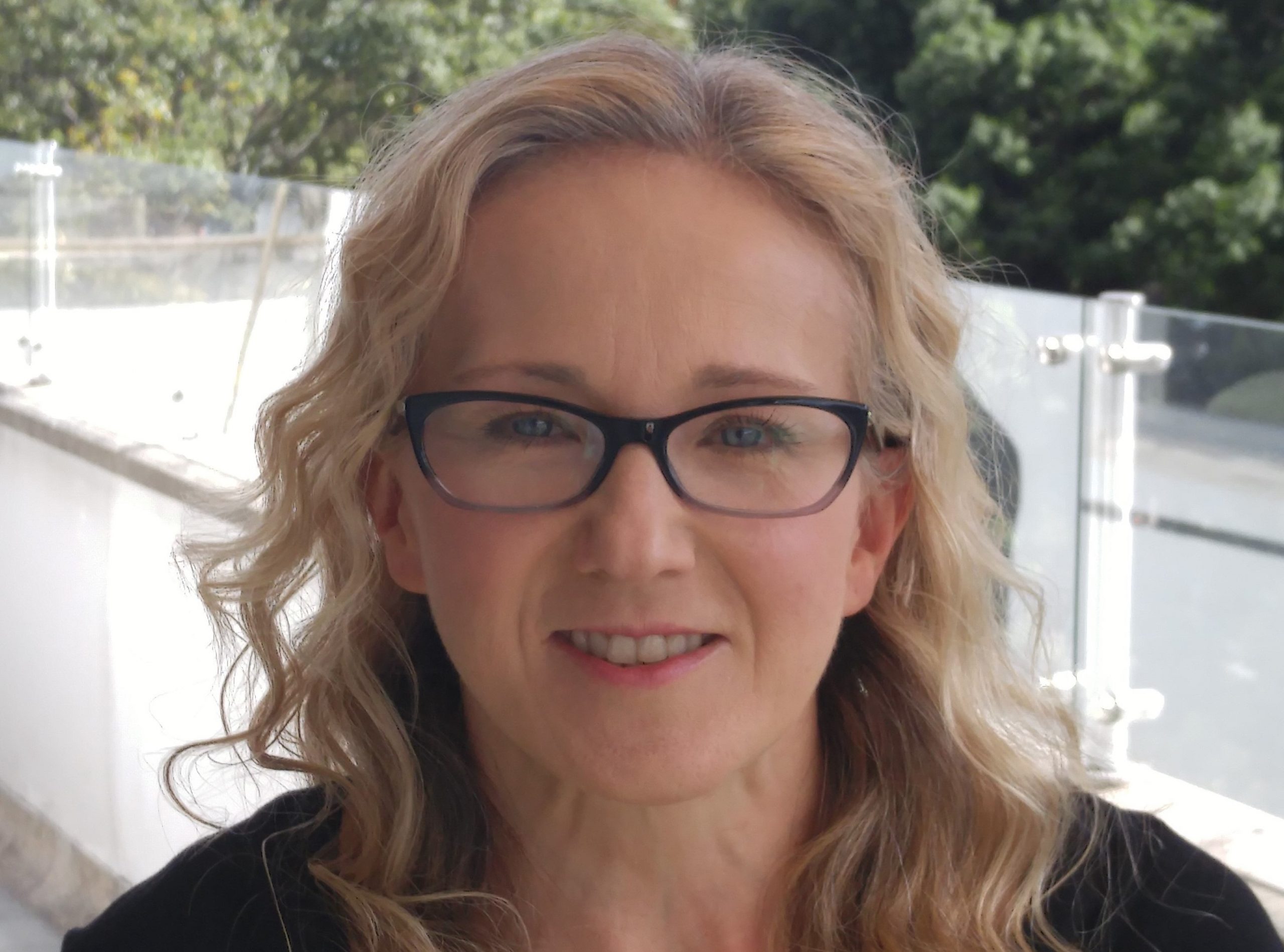Background
Maria LaRusso, EdD is an Assistant Professor in UConn’s Department of Human Development and Family Sciences. Her primary research concerns how children’s growth and well-being is shaped by relationships and supports across different contexts (such as school, family, and healthcare settings), including interventions for youth that are struggling. “I do research on children’s social-emotional learning and well-being, particularly in the context of schools,” explains LaRusso. Her work looks at how the quality of interactions in schools influences children’s own relationships and behavior, specifically how they learn to solve conflicts and manage their emotions. LaRusso is currently working with K-12 schools to see how they are responding to the increasing number of children who show symptoms of anxiety or struggle behaviorally and aims to better understand what has changed and what might be missing in current responses. She also looks at children’s health issues that have mental health implications. Specifically, LaRusso studies an illness known as Pediatric Acute-onset Neuropsychiatric Syndrome (PANS), a condition that can be triggered by an infection, such as strep or Lyme disease, or by various environmental toxins. Children with PANS can have a broad range of psychiatric symptoms and thus PANS is often misdiagnosed as a mental illness. Their pain is compounded by the fact that doctors often fail to prescribe treatments that could restore their mental health and prevent prolonged disruptions to their development.
Dr. LaRusso began her career as a child and family therapist but decided to go back to school and get a doctorate. “I wanted to do work that could impact children’s well-being on a larger scale,” says LaRusso. Additionally, the limitations imposed by health insurances and patient’s healthcare access frustrated LaRusso. Consequently, she decided to pursue a doctorate in human development and psychology at Harvard, focusing on children’s development in the context of schools. LaRusso started doing research around school-based programs and looked at how different programs approach health-risk prevention. She continued her training with the Postdoctoral Education Research Training (PERT) Fellowship, awarded by the American Psychological Association and the Institute of Education Sciences. After she finished the fellowship, LaRusso was awarded a Fulbright scholarship and traveled to Bogota to study the development of children in a completely different culture.
Involvement with CSCH
LaRusso joined CSCH because of its multidisciplinary approach. “I really liked the way in which the approach to child well-being is ecological and looks at various contexts and aspects of children’s well-being,” explains LaRusso. One of LaRusso’s current ventures attempts to attain multiple perspectives from professionals across school and healthcare settings in order to draw more connections in how we understand and respond to the growing mental health needs of children. LaRusso says “You are misguided if you only look at one area…you do need to think about the children’s physical health, as well as the family and the school.”
Fun Facts
Dr. LaRusso enjoys spending her “free” time practicing meditation, Pilates and indulging her addiction to the New York Times. However, her favorite way to spend time is doing pretty much anything with her daughters, husband and their dog Lola.
